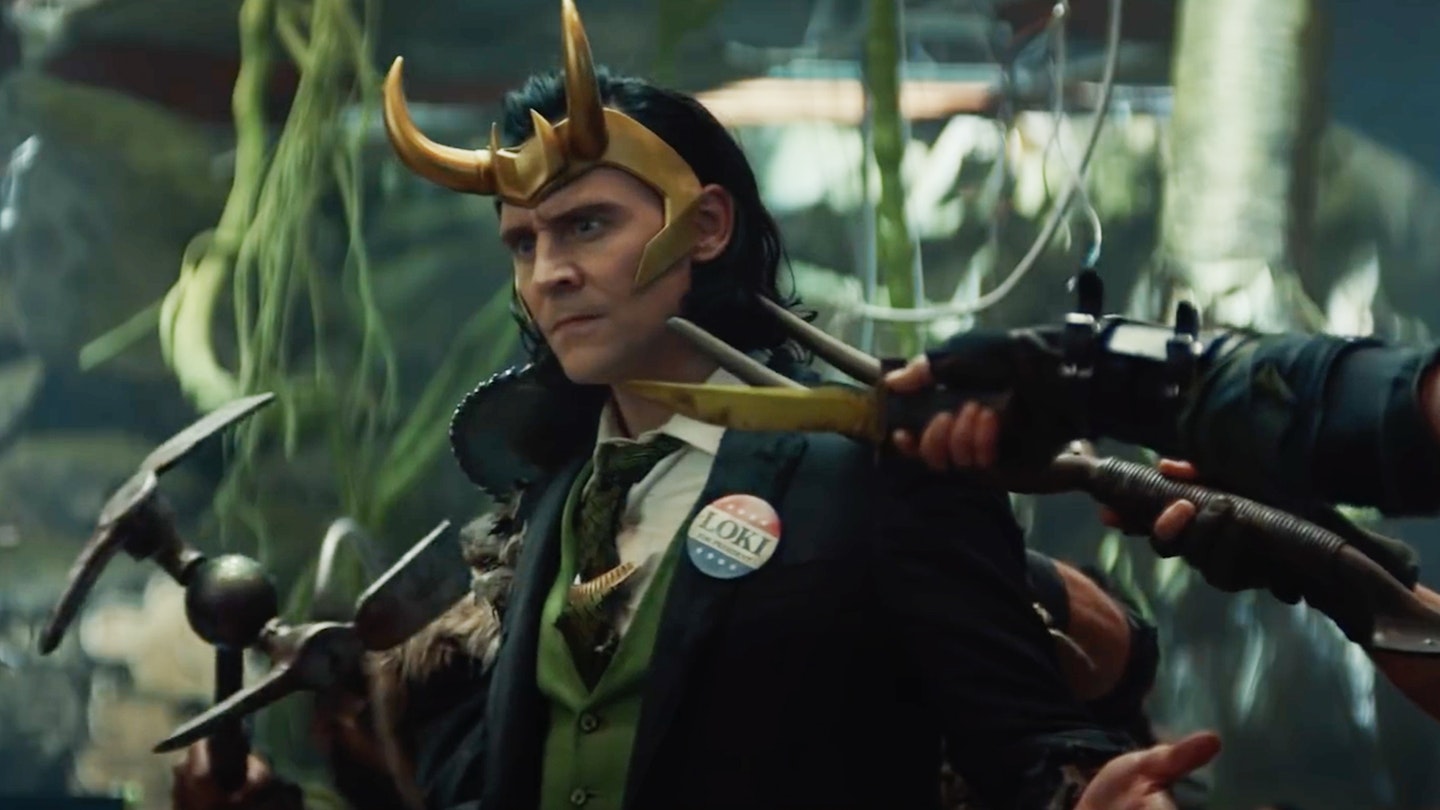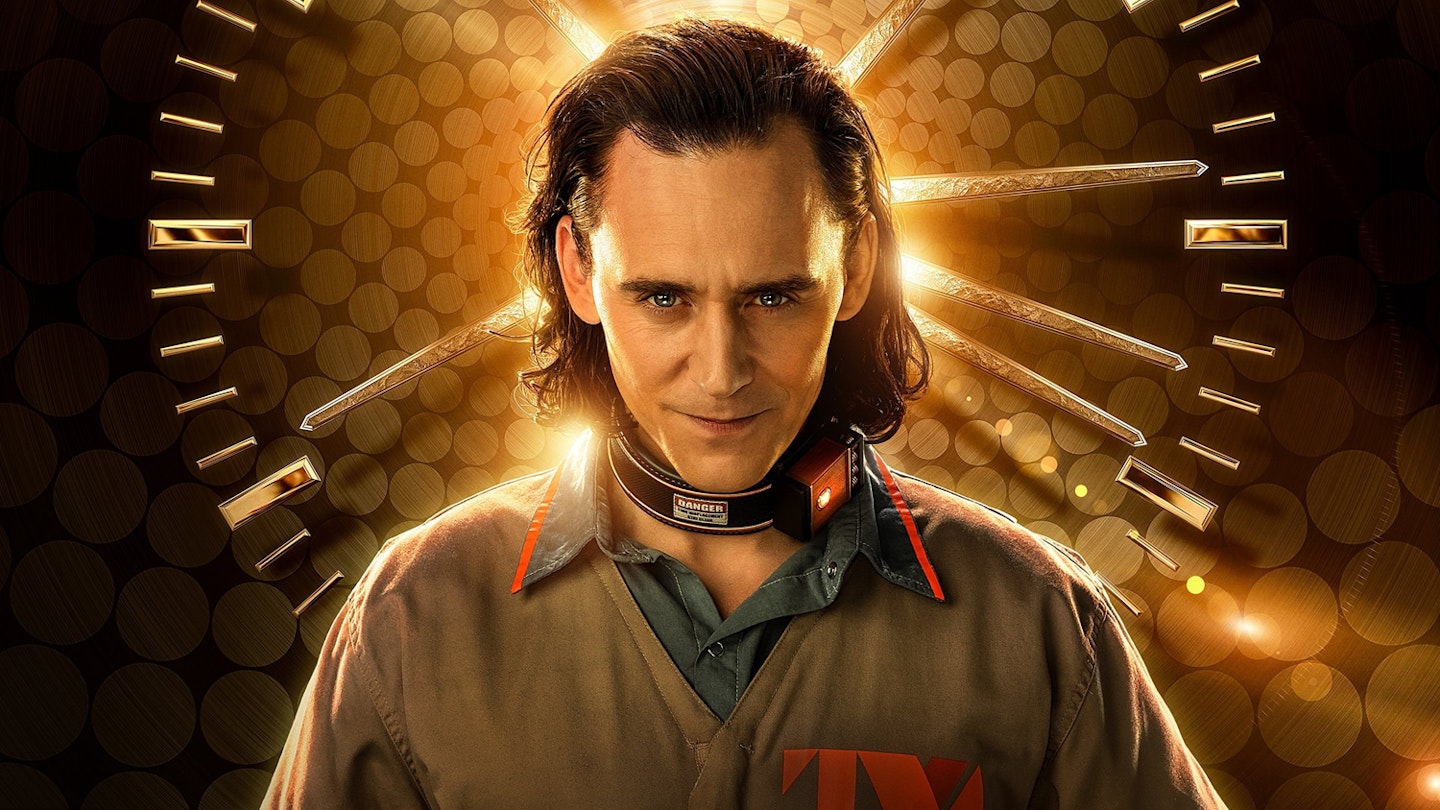Fans of post-credits stings rejoice. For Thor: The Dark World boasts not one, not three, but *two *of the suckers, with one coming right at the end, so you even have time to nip out for a loo break before rushing back to catch it.
However, we don’t recommend that you show up right at the end. Come for the stings, stick around for the previous 100 minutes of people talking and fighting and whatnot, and you’ll be rewarded with a thrilling, and often surprisingly funny, reminder that, following Avengers Assemble and Iron Man 3, nobody is better than Marvel at this blockbuster business right now. Acutely aware of the dangers of audience fatigue — case in point: The Dark World is Thor’s third big-screen appearance in as many years — Kevin Feige, who produces all the studio’s films, appears determined never to make the same film twice.
So, where Kenneth Branagh’s introduction to Thor was a charming, cheesy, even campy fish-out-of-water comedy, Alan Taylor’s The Dark World is — tonally, visually, thematically — a different kettle of bilgesnipe, on a much bigger scale than the relatively low-key first instalment. At times it even feels like a sci-fi war movie. The one thing it doesn’t feel like, even though its lead character can fly and is virtually indestructible, is a superhero movie.
It also feels very different from last year’s Avengers Assemble, even though there are occasional callbacks to that movie, including a lovely riff on the shawarma scene and a nice cameo from... well, we won’t say. First and foremost, though, this is laid out as a sequel to Thor. Structurally, it begins in the same way, with a slightly clunky prologue — complete with portentous voice-over from Anthony Hopkins as Odin exposition — that sets up both the film’s main villains, the Dark Elves, and the Aether, an all-powerful source of dark matter that might as well be called the MacGuffin.
From there, though, it hits the ground running, deftly reintroducing the key players, from Odin to Tom Hiddleston’s Loki, bound for the dungeons after that kerfuffle in New York, and Natalie Portman’s Jane Foster, now living in London and going on an extremely awkward blind date with a potential new boyfriend (a fun cameo from Chris O’Dowd), who doesn’t stand a chance of living up to her previous boyfriend, the God Of Thunder.
Which brings us neatly to the main man. For the most part, Marvel has an uncanny knack for casting just the right person to make their comic book characters flesh. In the wrong hands, Thor could have been an utterly ridiculous character — an abbed-up demigod who looks like he’s on a gap year just finding himself, man, and who speaks with a Ye Olde English twang. And yet Chris Hemsworth managed to make it work from the get-go, bringing charm and power to the role. Getting back on the Norse here, the Australian actor comports himself with admirable ease, handling the comedic and dramatic aspects equally adroitly, as a rapidly maturing Thor is forced to rebel against his stubborn father in order to save Asgard (and the rest of the Nine Realms). The day Hemsworth puts the hammer down will be a shame.
Likewise, Hiddleston and Loki. The English actor is simply indelible in the role now, as adept at a devilish one-liner (“It’s not that I don’t enjoy our little chats,” he tells Odin. “It’s just... that I don’t”) as he is at suggesting the layers of pain and regret that lurk beneath Loki’s preening, prideful surface.
Given his increased status, it must have been tempting for Feige, Alan Taylor and writers Christopher Yost, Christopher Markus and Stephen McFeely to simply bump up Hiddleston’s screen time and make this the Thor And Loki Show. Yet, for the first hour or so, Loki is kept largely in the background, locked away in his super-hi-tech jail cell, disconnected from the larger story. He doesn’t even share a scene with Thor until roughly an hour in. It’s only when events spiral out of control, and Thor, backed into a corner, turns to his brother for help, that we get that Thor And Loki Show. And their time together is worth the wait, whether they’re bickering over the controls of a spacecraft or, in one more serious showdown, unleashing thousands of years of pent-up hurt and rage. The treatment of Loki here is akin to that of Magneto in X-Men 2; he’s still a villain, constantly mocking and taunting his older brother, yet an ambiguous one, and there’s a fair bit of dramatic potential in his inner conflict.
Which leaves it to Christopher Eccleston as Malekith, the leader of the Dark Elves, to fill the Loki-shaped hole. The Dark Elves, and their groovy spacecraft, are visually striking, and they’re positioned almost as an Al-Qaeda-type force, a race of fundamentalist warriors whose commitment to their cause is so great that they’ll die for it (the prologue sees Malekith ordering, effectively, mass suicide bombings), but Malekith himself is ultimately a rather bland, generic villain, with Eccleston reduced to growling guttural threats in a made-up language for much of the movie.
That said, the final showdown between Thor and Malekith is gloriously entertaining. Yes, it’s set in a city (London, with the ever-telegenic Greenwich coming to the fore again), and yes, it features two powerful foes knocking seven shades out of each other, but this isn’t the city-smashing snoozefest that mired Man Of Steel’s climax; instead, it’s tricksy and inventive, constantly wrong-footing not just the audience but its combatants to great, and often genuinely hilarious, effect. For a movie that has dark in its title, and which is — yes! — darker (people die, Asgard is grimier, as befitting Alan Taylor’s Game Of Thrones heritage), Thor 2.0 is consistently amusing, and the three biggest laughs in the movie all come during this sequence — a bold gamble when, ostensibly, the fate of the universe itself is at stake.
There are flaws. There are always flaws. There are signs that the story may, at one point, have been in flux (a potential love triangle between Thor, Jane and Sif goes nowhere, for example) and it’s also packed with a Smegload of fridge moments, those pesky plot-holes that will keep you awake at 3am, while its grasp on science (or, as Thor would have it, magic) is fairly flimsy, with respected actors spouting nonsense about gravitons and wibblyflibs like they’re in a 1950s B-movie. We’re no Prof. Brian Cox, but it’s almost certain to take this year’s Bad Movie Science award.
But the whole thing clips along at such a brisk rate — at just over 100 minutes (not including credits, or post-credit stings, or post-post-credits stings) it wraps up when most blockbusters are grinding their gears — and is so entertaining that it doesn’t seem to matter. Now that’s magic-science.
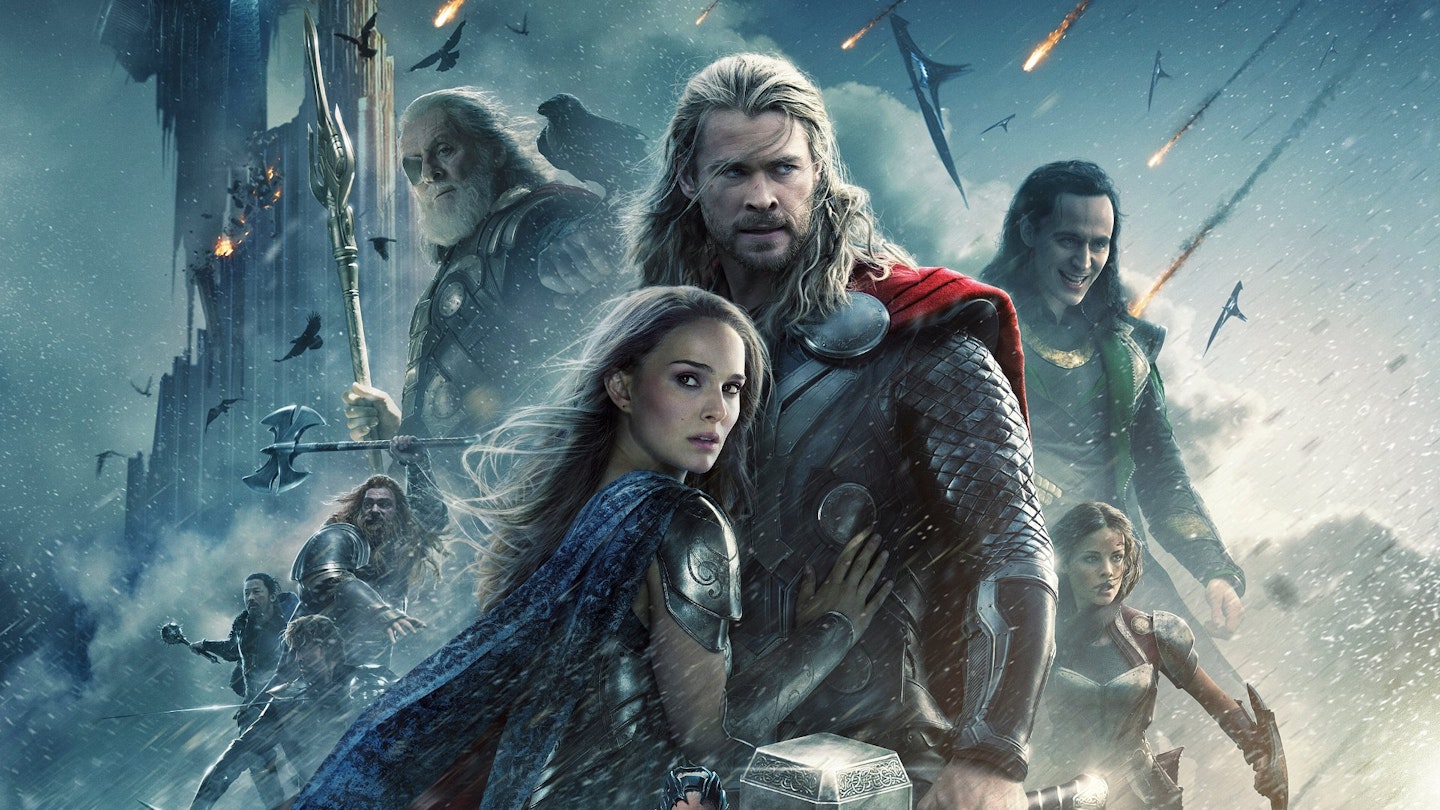
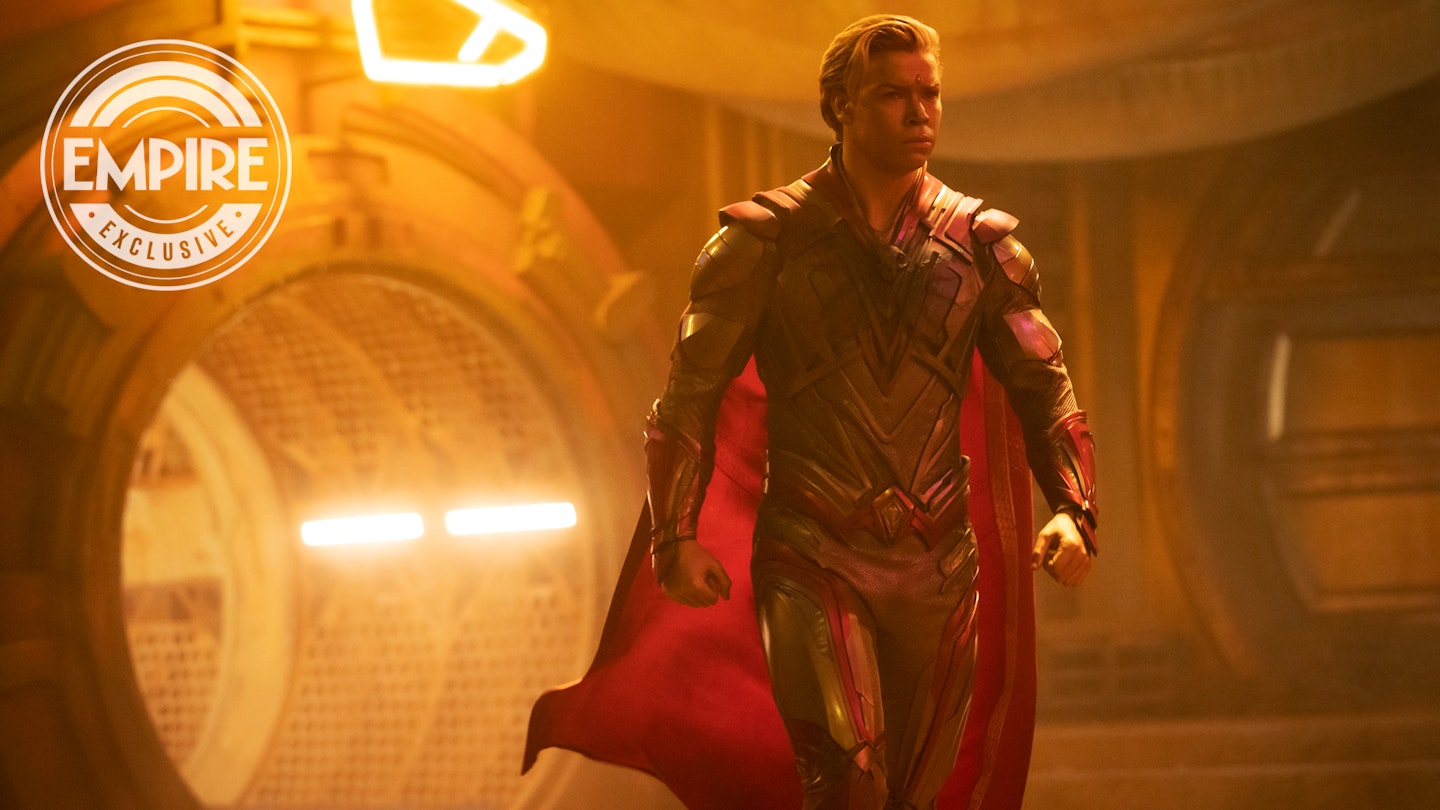
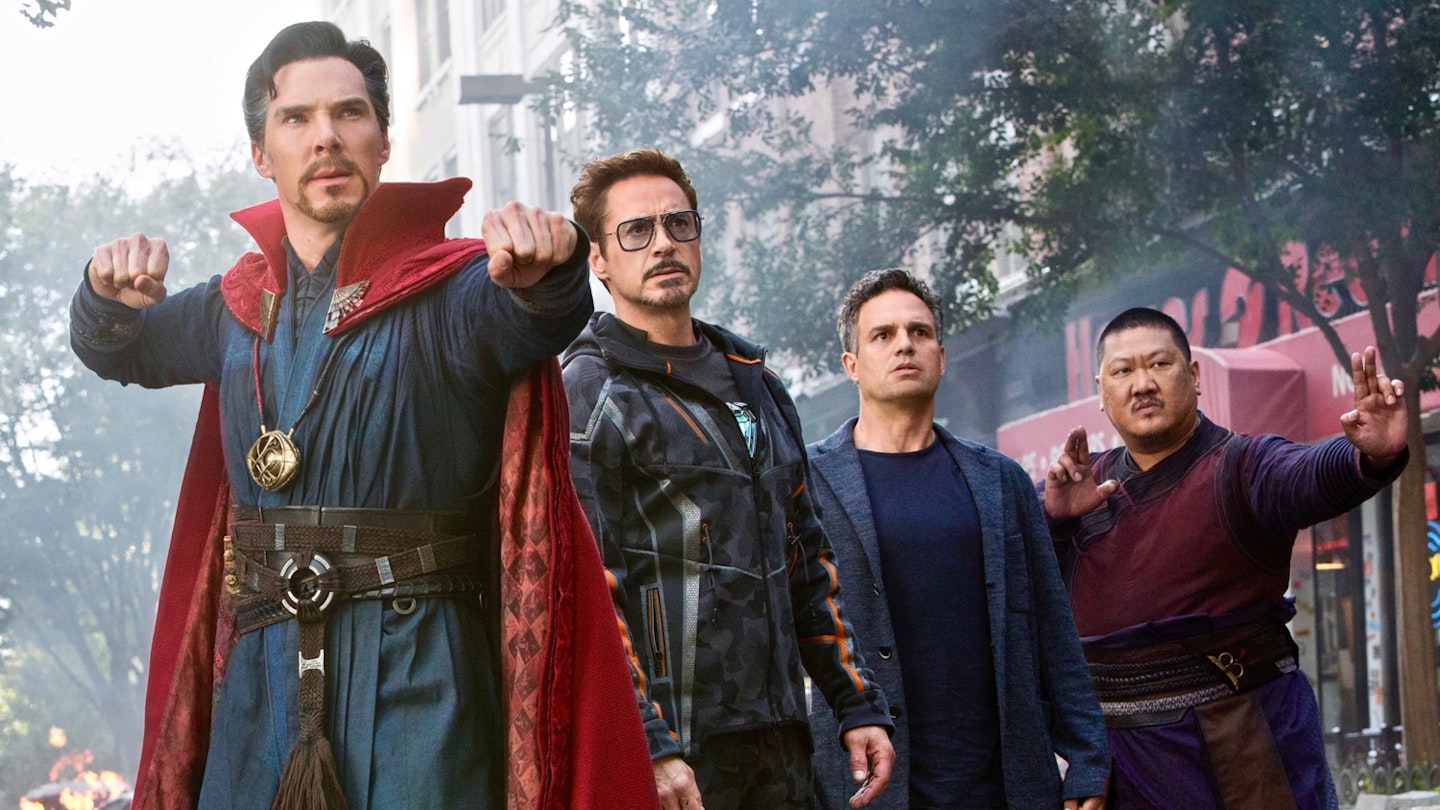
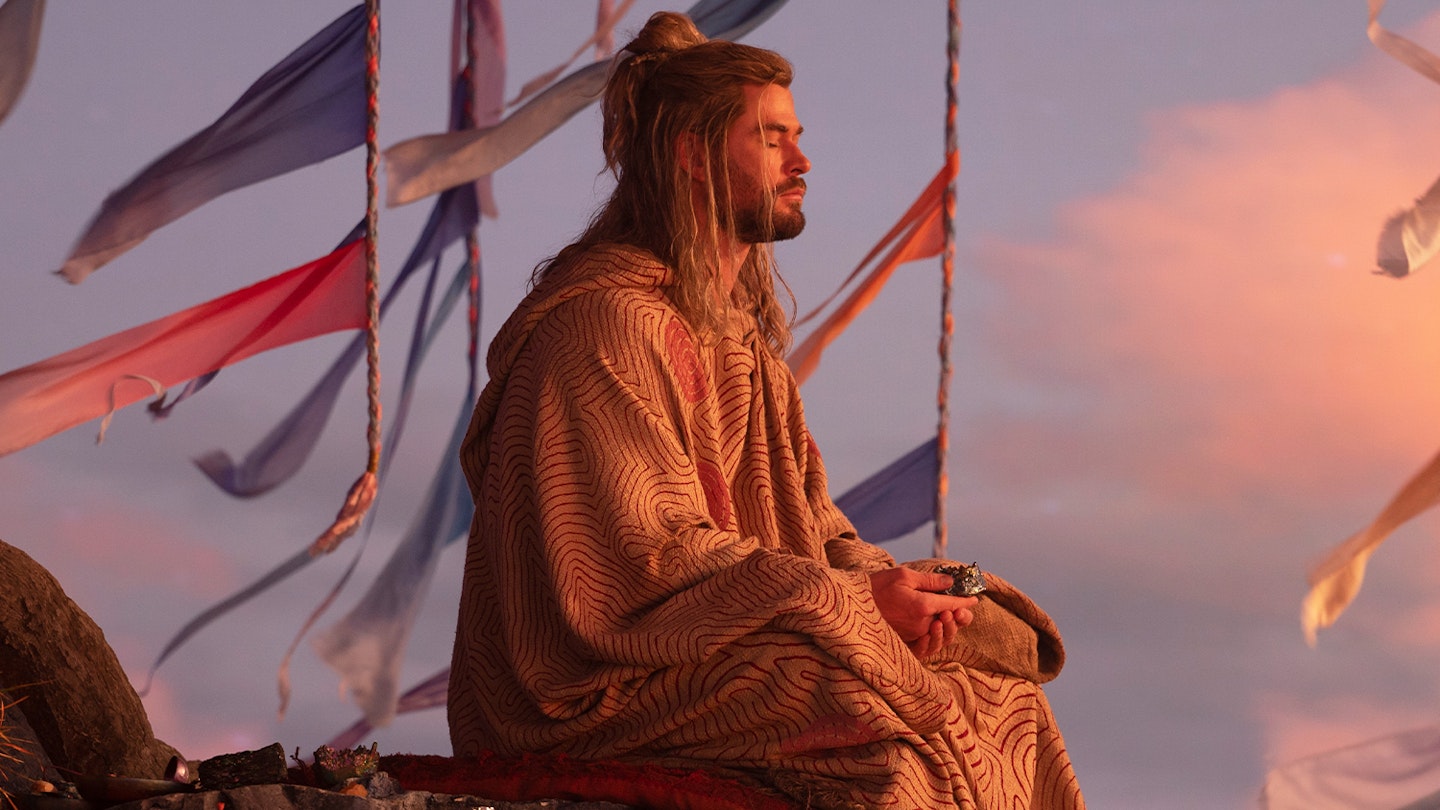
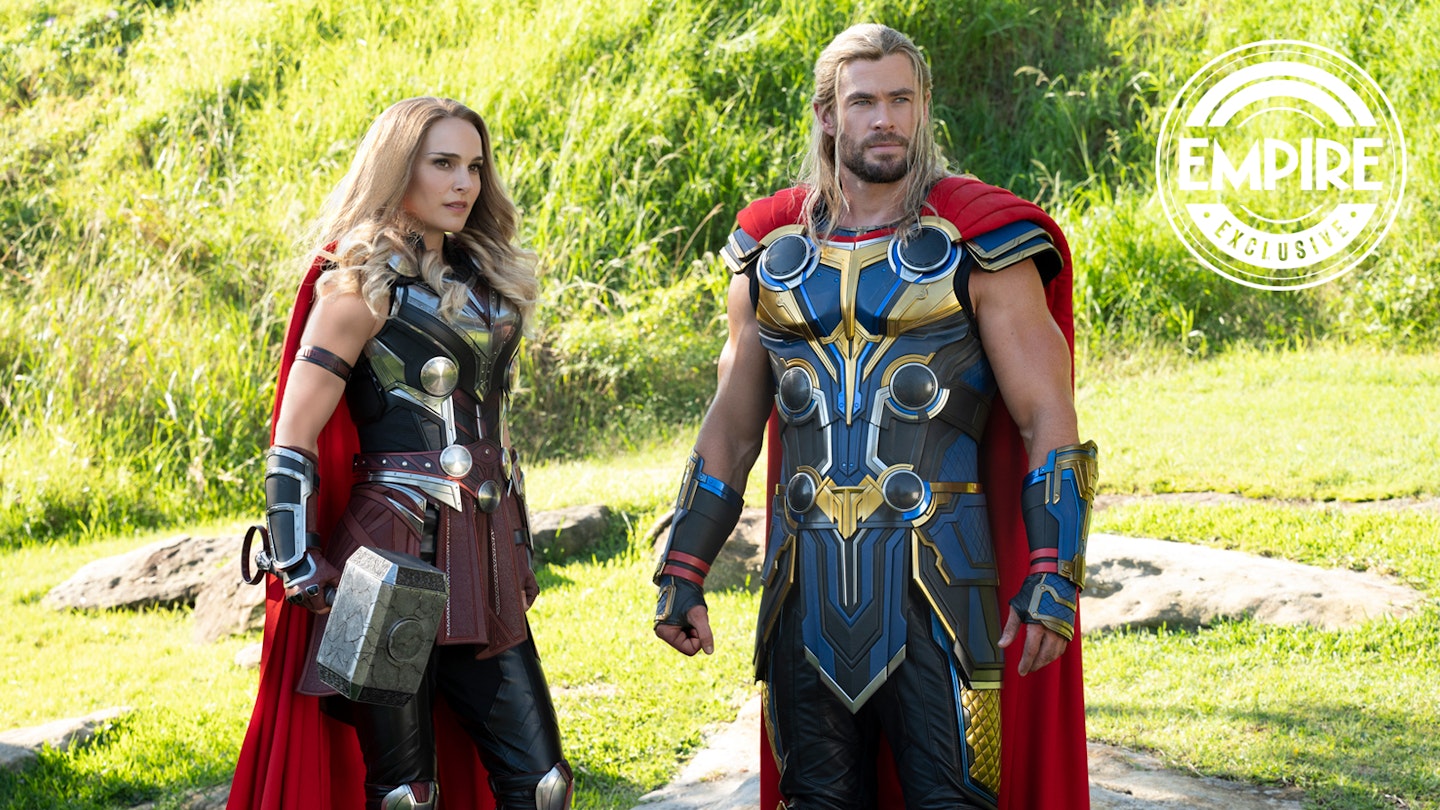

.png?ar=16%3A9&fit=crop&crop=top&auto=format&w=1440&q=80)
